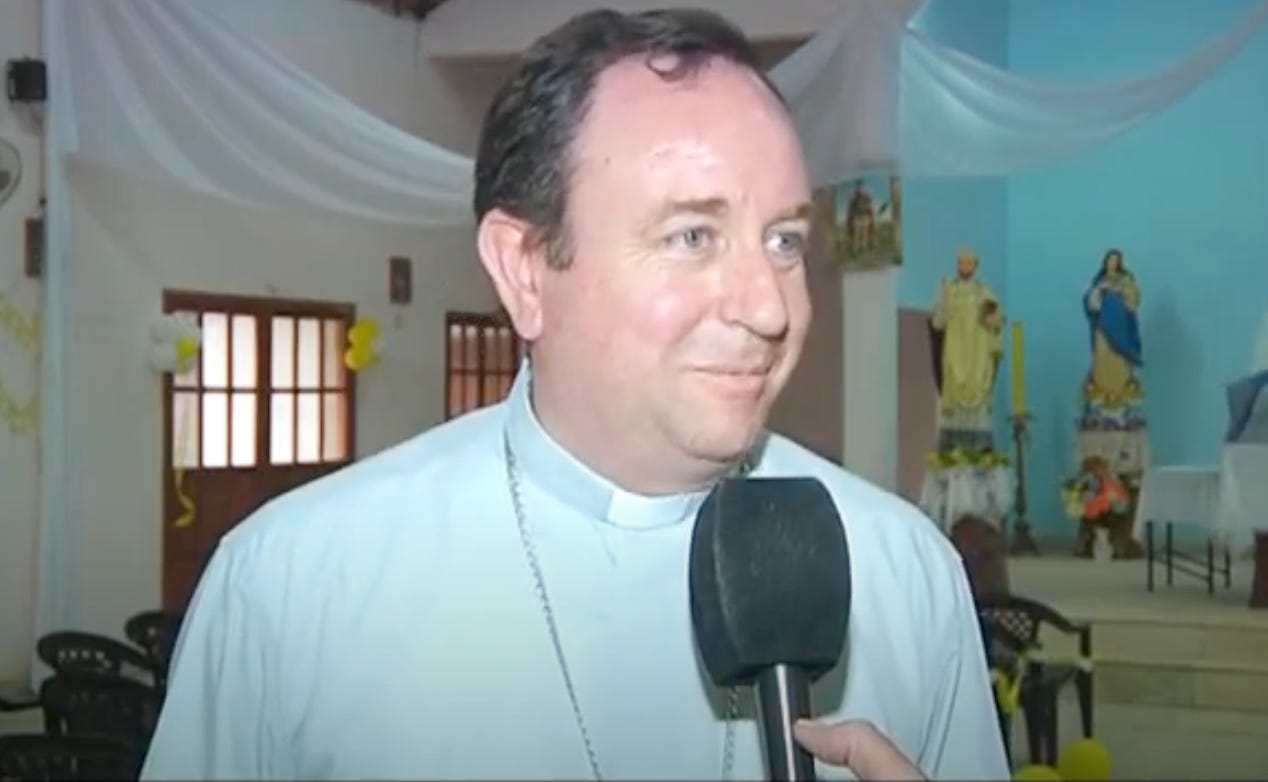Catholics of the Diocese of Oran, Argentina, gathered in the city’s main square Tuesday and Wednesday to protest the decision to allow their disgraced former bishop, Gustavo Oscar Zanchetta, to live in a retired priests’ home while serving his sentence for the sexual ab…
Substack is the home for great culture

